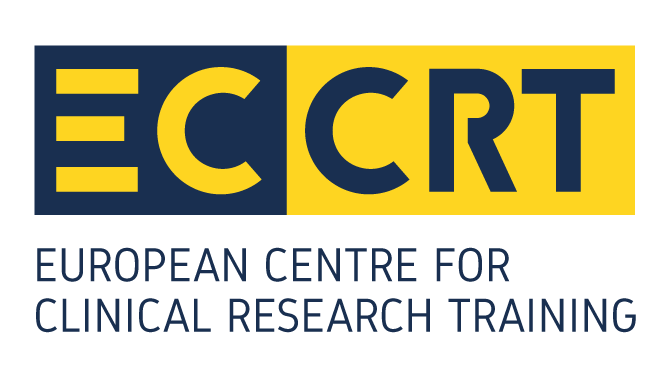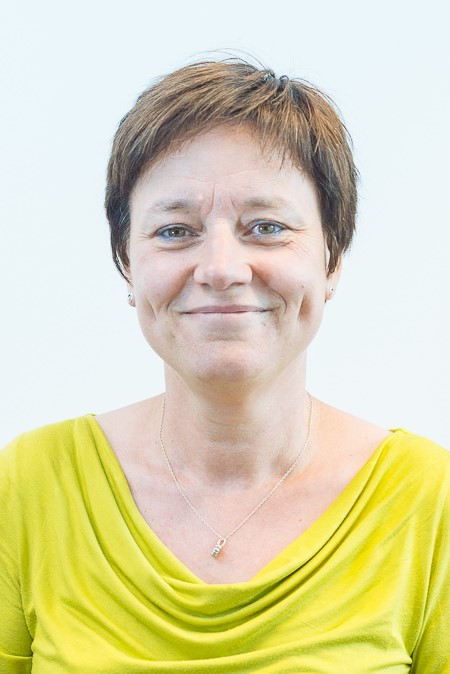Introduction to Oncology for Clinical Researchers
Book a session
| Date | Product | Location | Price | |
|---|---|---|---|---|
| 21/10/2026 | Introduction to Oncology for Clinical Researchers | Brussels | EUR 1850 | Book |
| If you would like to have this course as an in-house session click here | ||||

About this course
Reasons to attend
The 2 day course is divided into different modules addressing the basic science of oncology, clinical oncology, therapeutic modalities, and clinical trials in oncology. Exercises for self-assessment are used to enhance your understanding of the main topics discussed in the course. You will be able to test your comprehension with a final grading assessment.What's included?
- Documents and materials related to this course are included
- Globally recognised certificates awarded after test completion
Course schedule
We provide this course in two distinct formats: Classroom OR OnlineClassroom: 2-Day face-to-face: 09:00 - 17:00 | Online: 4 webinar sessions |
Course Description
Do you want to shift your career toward clinical research in oncology? Do you have some previous knowledge of this field but need to organize and structure this knowledge, so you can take a step forward? This 2 day Oncology for Clinical Researchers course provides you with the grounding that will allow you to understand the most salient aspects of the basic and clinical sciences that support clinical research in oncology and haematological malignancies.During this course in which lectures are alternated with interactive sessions with the students, you receive instruction on cancer biology, clinical oncology, and clinical research issues that are particular to oncology. These include the genetic and epigenetic basis of cancer, the classification and staging of tumours, the diagnosis, treatment and follow-up of patients, and the most important instruments used in oncology clinical trials, such as methods of response evaluation, toxicity assessment, and survival endpoints. The workshops will be done in the second part of the course.Numerous examples are used to provide you with sufficient insight on the impact of cancer on patients’ health, how cancer is tackled from a surgical, medical, and radiotherapeutic point of view, and how clinical research in oncology follows a structured pathway that relies on knowledge about the essence of cancer as a biological phenomenon.Programme highlight
- Cancer as a genetic disorder
- Pathological classification of tumours
- Staging systems, including TNM
- Laboratory and imaging methods for diagnosis, staging and follow-up
- The role of surgery, radiotherapy, and systemic therapy
- The goals and methods of adjuvant and neoadjuvant therapies
- Overview of chemotherapy, targeted therapy and immunotherapy
- The most important assessment instruments, including CTCAE, RECIST, biomarkers and quality-of-life questionnaires
- Overview of clinical trials, from phase I to III
Learning objectives
- Learn the biological nature of cancer
- Describe the cancer patient flow in the health care system, from diagnosis to cure or palliative care
- Explain the clinical research pathway followed in oncology, from phase I to II
Who should attend
Clinical research professionals, including Clinical Research Associates, Pharmacists, Nurses, Data Managers, and anyone with a professional interest in oncology.
Competencies
This course covers competencies that are part of the ECCRT Competency Framework
- Scientific Concepts & Research Design (3)
- Ethical & Participants Safety Considerations (3)
- Investigational Product Development and Regulation (1)
- Clinical Studies Operations (GCPs or ISO 14155) (1)
- Study and Site Management (0)
- Data Management and Informatics (0)
- Leadership and Professionalism (0)
- Communication (1)
- Teamwork (1)
- Business acumen (0)



Federico Melo Ferrer
CSL Behring
Nicole Dobieszewski
FGK Clinical Research